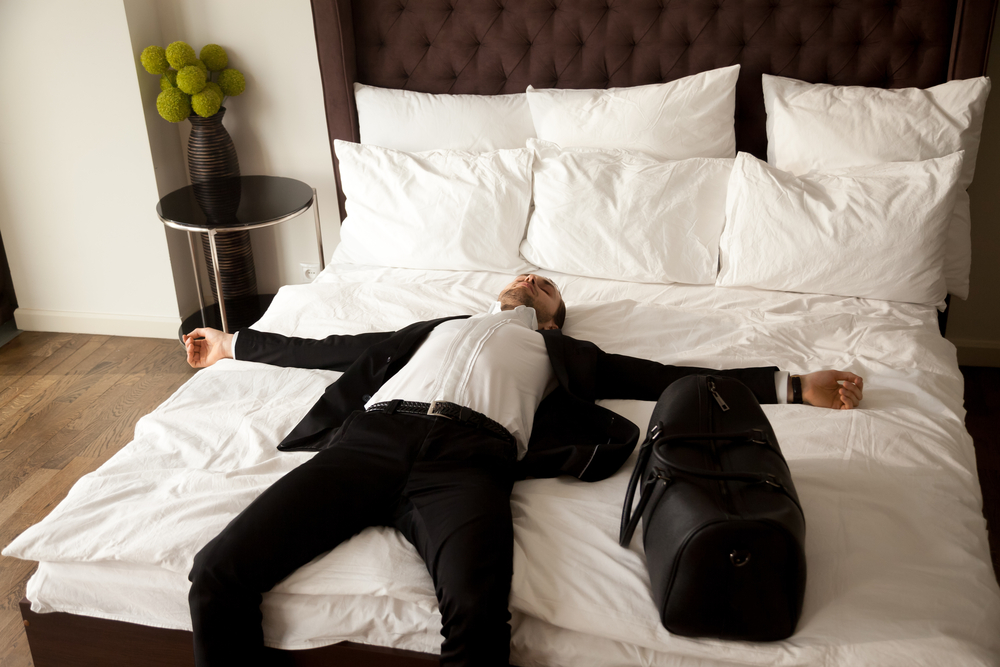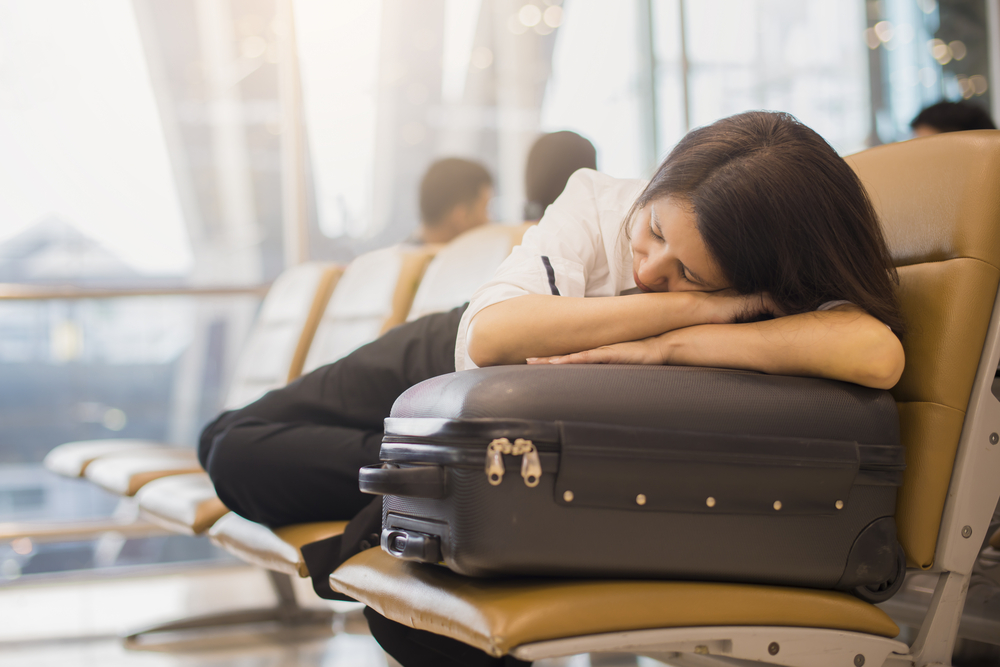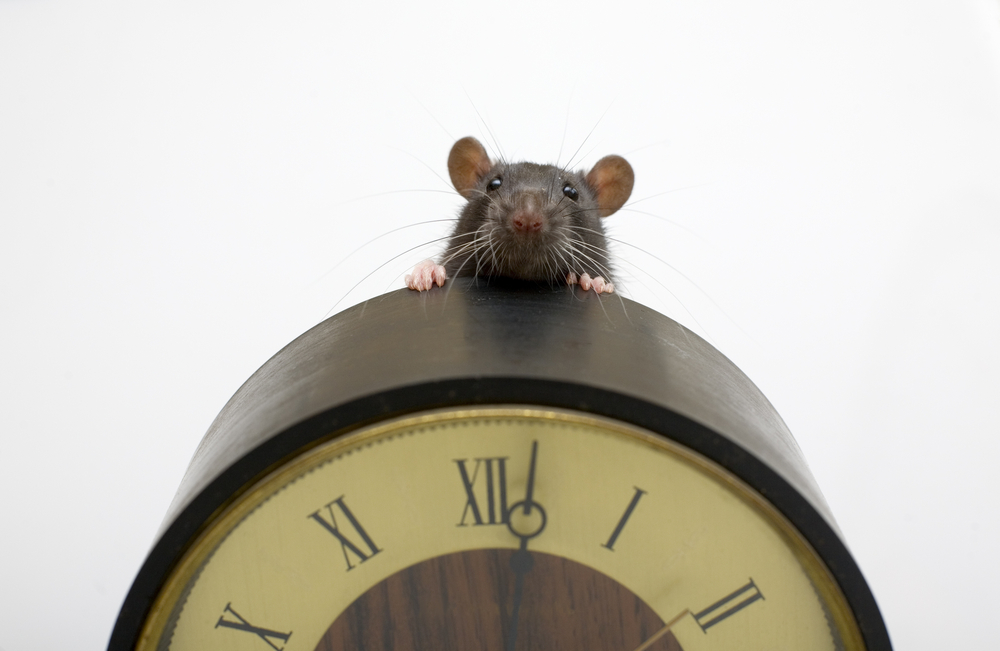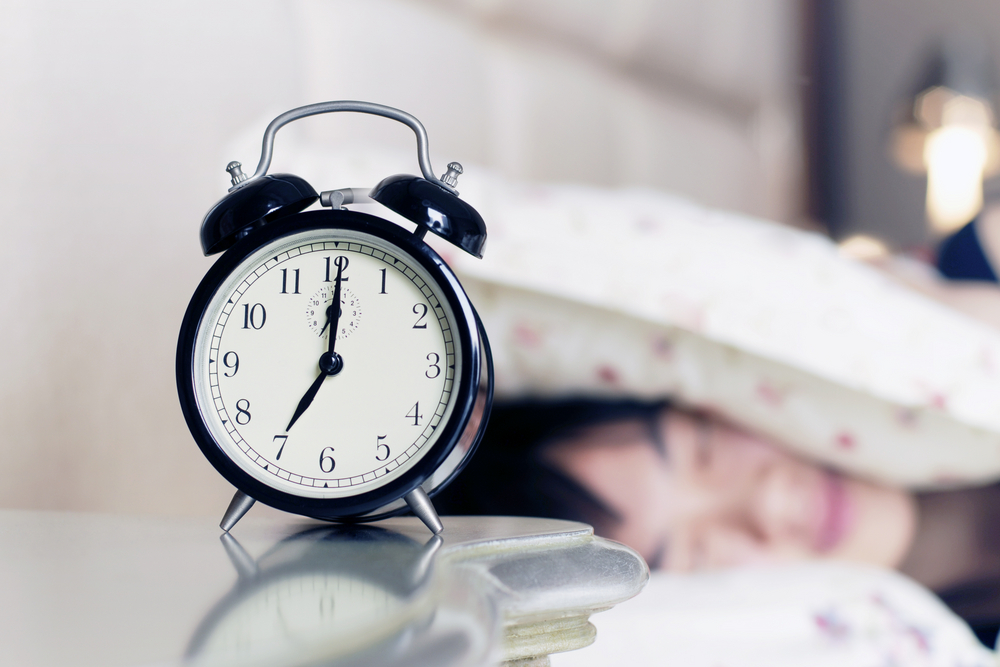The Science of Jet Lag: 5 Surprising Findings
Get the world’s most fascinating discoveries delivered straight to your inbox.
You are now subscribed
Your newsletter sign-up was successful
Want to add more newsletters?

Delivered Daily
Daily Newsletter
Sign up for the latest discoveries, groundbreaking research and fascinating breakthroughs that impact you and the wider world direct to your inbox.

Once a week
Life's Little Mysteries
Feed your curiosity with an exclusive mystery every week, solved with science and delivered direct to your inbox before it's seen anywhere else.

Once a week
How It Works
Sign up to our free science & technology newsletter for your weekly fix of fascinating articles, quick quizzes, amazing images, and more

Delivered daily
Space.com Newsletter
Breaking space news, the latest updates on rocket launches, skywatching events and more!

Once a month
Watch This Space
Sign up to our monthly entertainment newsletter to keep up with all our coverage of the latest sci-fi and space movies, tv shows, games and books.

Once a week
Night Sky This Week
Discover this week's must-see night sky events, moon phases, and stunning astrophotos. Sign up for our skywatching newsletter and explore the universe with us!
Join the club
Get full access to premium articles, exclusive features and a growing list of member rewards.
The Science of Jet Lag: 5 Surprising Findings

Nothing can throw off the start of a fun vacation faster than jet lag.
Travelers who feel groggy in the afternoon or wake up well before sunrise can blame both things on the body's biological clock falling out of sync with the time on the person's watch.
A "master clock" in the brain called the suprachiasmatic nucleus controls the body's circadian rhythm. This clock responds to external signals — most notably, sunlight — to sync the body's internal timing with that of the environment.
How far you travel and where you go can affect how well your body responds to these disruptions. Read on to learn more about jet lag.
It's harder to adjust when you fly east

If you recover from jet lag faster when you travel west, you're not alone: The brain has an easier time adjusting to westward travel compared with eastward travel, according to a 2016 study in the journal Chaos.
This is due to a small quirk in the cells in the body that control the biological clock, or circadian rhythm: These cells don't operate on a perfect 24-hour schedule. Instead, the cells' daily cycle is closer to 24.5 hours.
Because the cells that control the body's clock operate on a slightly longer day, it's easier to travel in a direction that extends the length of the day — in other words, to travel west across time zones. Flying east across time zones, on the other hand, results in a shortening of the day, so it is more difficult for the body to adjust.
Get the world’s most fascinating discoveries delivered straight to your inbox.
Here's how long you really need to recover

According to widely touted advice, you should give yourself one day to recover from jet lag for every time zone you cross. This would mean that if a person flew from New York City to Los Angeles — a trip that spans three time zones — he or she would recover from jet lag in three days.
But in the same 2016 study from the journal Chaos, researchers tested this idea using mathematical models.
They found that jet-lag recovery doesn't quite fit into the neat pattern of one day per time zone.
Instead, when traveling west, it would take a person a little less than four days to recover from crossing three time zones, six days to recover from crossing six time zones, just under eight days for crossing nine time zones and around nine days for crossing 12 time zones.
However, when traveling east, the adjustment periods are longer: It takes a little more than four days to recover from crossing three time zones, more than eight days to recover from crossing six time zones, more than 12 days for crossing nine time zones and around nine days for crossing 12 time zones.
Scientists are looking for weird ways to fight jet lag

One of the most commonly cited remedies for resetting the body's clock is exposure to bright light early in the morning. And although this tried-and-true method does help, scientists are still looking for more solutions to jet lag.
In an April 2017 study in The Journal of Physiology, for example, researchers reported that cells in the eyes of rats produce a molecule called vasopressin that travels to the brain and helps regulate the biological clock. More studies need to be done in humans to confirm these results, the researchers said. But this finding could allow scientists to develop eye drops that trigger these eye cells to produce the molecule, helping people recover from jet lag, they said.
And in an October 2016 study in the journal Cell Metabolism, researchers reported that small shifts in oxygen levels in the air could help reset the biological clock in mice. In that study, researchers found that mice that were exposed to air with slightly lower levels of oxygen than normal adjusted more quickly to a new circadian rhythm than mice that received steady levels of oxygen.
And although lower levels of oxygen might sound scary, the concentrations used in the study were actually similar to the concentration of oxygen that people breathe on airplanes, the researchers said.
More research, especially in humans, is needed to confirm these findings, the researchers said, adding that they would also like to see if higher levels of oxygen have a similar effect.
Jet lag isn't caused only by jet setting

Changes in your social schedule, even when you stay at home, can also cause your body's internal clock to fall out of sync.
This phenomenon, known as "social jet lag," often occurs when people keep a different schedule on weekdays compared with the weekend. For example, going to bed every night at 10 p.m. and waking up at 6 a.m. during the workweek, but going to bed at 1 a.m. and sleeping until 10 a.m. on the weekend can cause a mismatch between the biological clock and the actual time.
But social jet lag doesn't mean just that it's more difficult to get up on Monday morning after a weekend of late nights and sleeping in; research has shown that social jet lag may harm a person's health.
For example, a 2015 study from the International Journal of Obesity found that people who had greater discrepancies between their weekend and weekday sleep schedules were more likely to weigh more and have problems with their metabolisms, compared with people whose sleep schedules didn't change between the weekend and weekdays.
When you eat could influence your biological clock

Jet lag doesn't just mess with when you fall asleep and when you wake up; it can also have more subtle effects on the body. For example, jet lag and shift work can cause the body's "master" clock in the brain to fall out of sync with "peripheral" clocks located throughout the body. These peripheral clocks are essentially molecules in cells that respond to the master clock and help control certain bodily functions.
One of the functions affected by these clocks is the control of blood sugar levels. The way the body responds to food varies throughout the day. Eating a meal at night, for example, leads to a greater rise in blood sugar levels compared with eating a meal earlier in the day.
In a study reported in June 2017, researchers found that by shifting the time of day that a person eats, they could also shift the rhythm of that person's blood sugar levels, meaning that normal fluctuations occurred later in the day than they usually would.
These findings suggest that changing your meal time — in addition to taking other steps to adjust to jet lag, including exposure to light at the appropriate time — could help you adjust to different time zone or work schedule.
Originally published on Live Science.

 Live Science Plus
Live Science Plus











